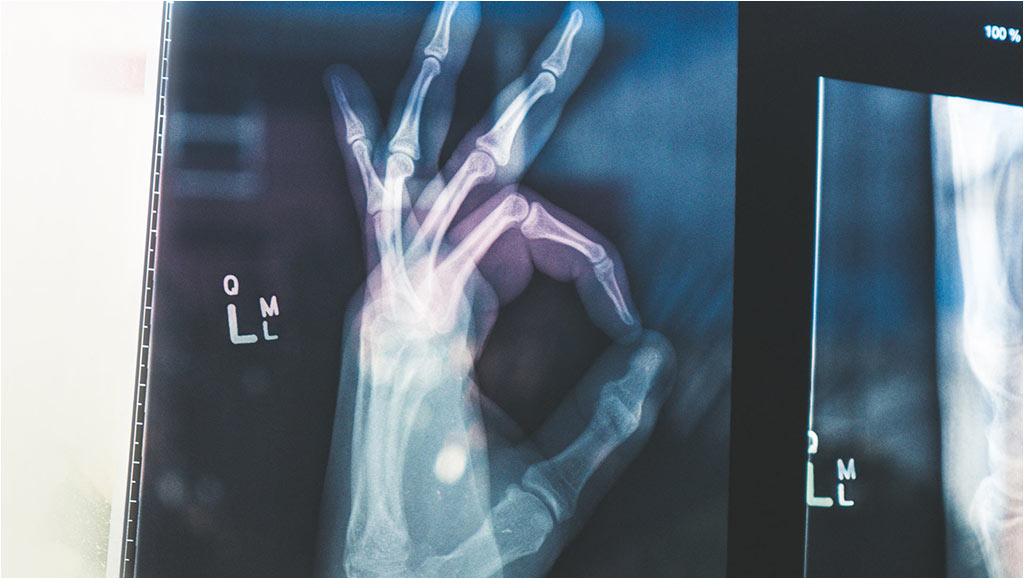In recent years, we’ve seen a growing demand for interventional radiology (IVR) coding—one of the most difficult and complex areas of coding. Healthcare organizations increasingly need professional coders who have the level of IVR expertise, training and experience required to perform this specialized type of coding. Unfortunately, IVR coding is often performed by general coders, radiology coders or technicians who lack knowledge of interventional radiology.
Why specialization matters
IVR coders must have extensive knowledge of anatomy, physiology, related terminology and types of devices used—qualifications that go well beyond those required in other areas of coding. The procedures can range from minimally invasive insertion of a vascular device to more complex procedures such as angioplasty or cardiac catheterization.
Even so, many organizations opt for a general coding queue on the hospital side. For example, a general coder might code an obstetrics chart, followed by a complex IVR chart of a patient who had multiple procedures during a week-long hospital stay. Other hospitals may have general coders who code same-day surgery, emergency and IVR procedures—all in the same work queue. For a coder who is not trained and certified in IVR, performing this level of coding can be extremely difficult. And, lack of IVR expertise often leads to coding errors and lost revenue.
Coding, billing and reimbursement
To help ensure proper coding, billing and reimbursement, best practice is to assign IVR coding to coders who specialize in that area. The information that our coders enter into a client’s system must be correct for quality reporting purposes. In my auditing experience, a single coding mistake can result in a loss of hundreds, even thousands, of dollars. Over time, the same mistake by an inexperienced coder could mean significant revenue loss.
Due to high-dollar, high-frequency procedures, IVR coding has become a target area of coding audits. It is important to know the rules and regulations that govern IVR coding, billing and reimbursement. Getting it right for IVR coding also requires a clear understanding of payer guidelines—not everyone follows CMS guidelines. Ongoing education is critical to ensure awareness of updates and avoidcostly denials and compliance risk.
Specialization, training and certification
According to the AAPC, IVR coding and charging error rates are known to be high for this radiology subspecialty. As healthcare organizations have become more aware of the importance of IVR specialization, more training and certification opportunities are now available. The AAPC offers the CIRCC®(Certified Interventional Radiology Cardiovascular Coder) credential developed by expert interventional radiology physicians, technicians, coders and billers. This credential helps validate the extensive level of education, knowledge and expertise required for interventional radiology and cardiovascular coding and charging
At KIWI-TEK, approximately 87 percent of our IVR coders hold the CIRCC®credential to meet the needs of organizations that request IVR specialists. When assigning a coder to a hospital or health system, we ask targeted questions to ensure the best fit for the client and account type. Placing a certified coder who has demonstrated expertise in IVR coding is top priority. Specialization gives coders confidence in their ability to achieve optimal coding accuracy and efficiency. Likewise, hospitals and health systems can expect proven proficiency.
KIWI-TEK covers all your medical coding needs. Find out more about our medical coding services or contact us for more information!
Are you looking for career growth? Explore our medical coding jobs or contact us to find out more!
